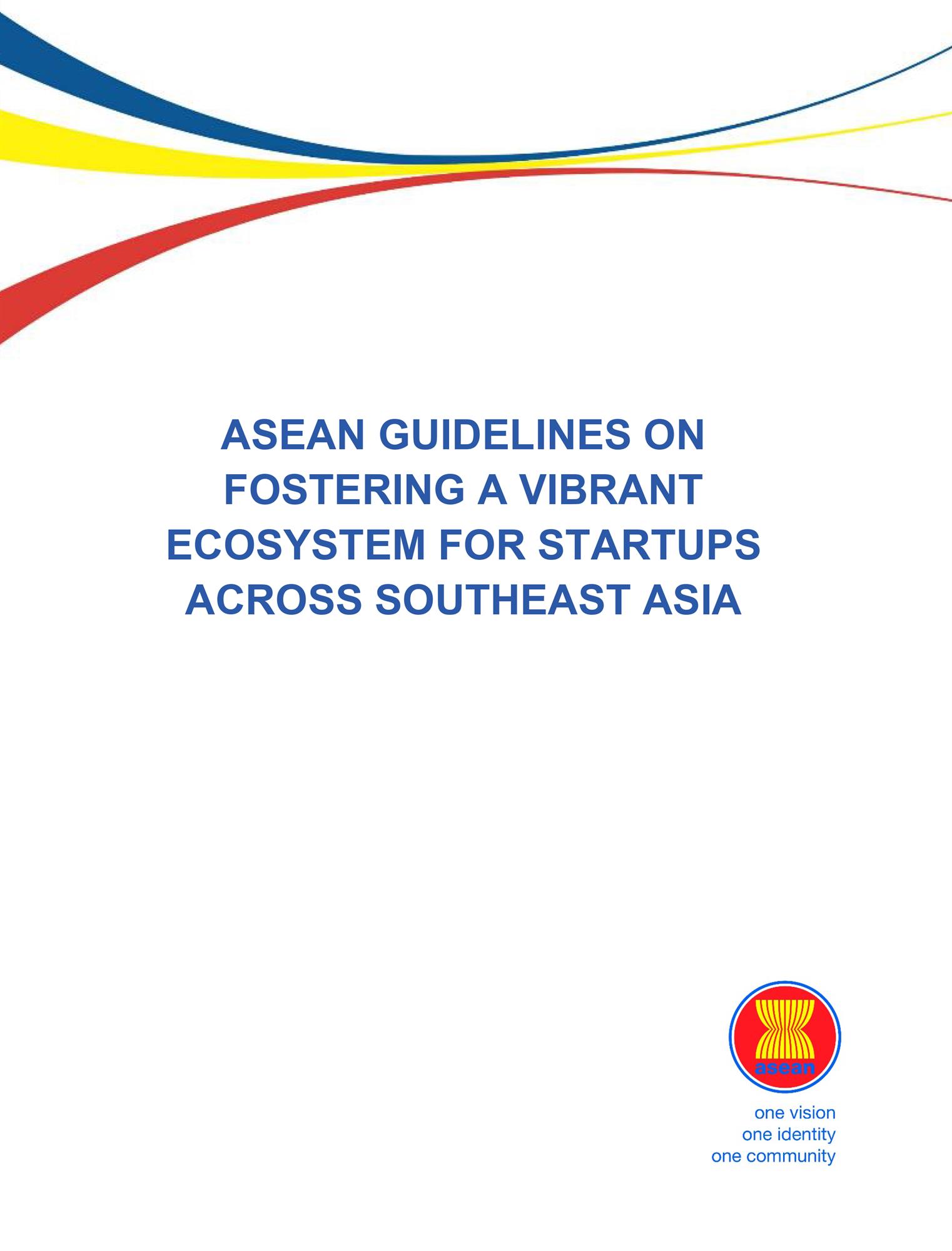
Time: December 2020
By: The ASEAN Secretariat
Startup firms – in the sense of growth and innovation-oriented new firms – are a key driver of innovation, job creation and economic growth. Many will scale into large companies in their own right or provide fodder for innovation in larger companies.1 The global startup economy continues to grow, creating an estimated USD 2.8 trillion in value between 2016 and 2018.2 This amounts to a 20.6% increase over the previous period and is more than double what it was five years previously (GSER, 2019).
In 2018, it was reported that at least 5 800 active startups were operating across all major verticals in the ASEAN region including e-commerce, fintech, enterprise solution, big data and consumer goods and services (e27, 2018). Startups providing new products and services are growing from strength to strength across the region. Since 2012, Southeast Asia has given rise to more than ten unicorns, with a combined market value of over USD 34 billion.
The ASEAN Guidelines on Fostering a Vibrant Ecosystem for Startups across Southeast Asia seek to provide insights on the unique characteristics of startups that demand different approaches from the traditional MSMEs. It identifies the key factors and actors in a startup ecosystem, elaborates the roles of the ecosystem actors and highlights priority intervention areas for AMS either at the regional, national or local level through concrete initiatives. It also advocates for the continuation of support for entrepreneurship and startups in order to manage the fallout from COVID-19, with focus on growth- and innovation-oriented new ventures.
The guidebook is attaced below.
Share: